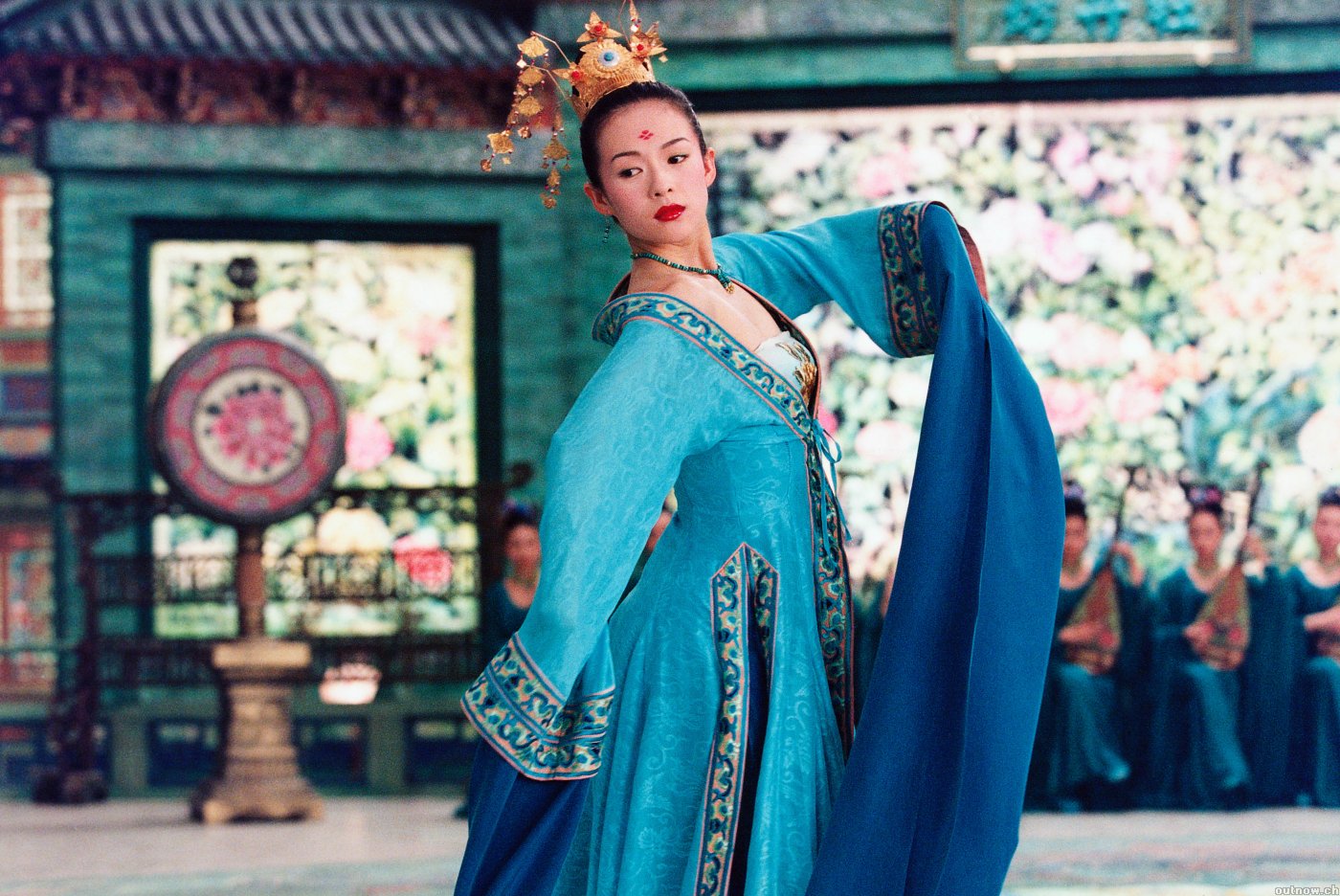 Hana-bi
Hana-bi Japan 1997
Director: Takeshi Kitano
Screenwriter: Takeshi Kitano
Runtime: 103 min
Certificate: 18
DVD Distributor: Momentum Pictures
Hana-bi skilfully combines all the defining axes of Kitano’s work. Stillness is used as a counterpoint to sudden outbursts of intense violence. The characters, often planted in static compositions, face the camera in the tradition of Ozu’s late or Kurosawa’s early films. The camera, constantly lingering on Kitano’s half-paralysed features and facial tics, doesn’t facilitate identification or sympathy. Kitano’s acting style, instead, challenges the viewer to study it, and see beyond the immediate character and the main story strand.
Hana-bi’s voluntarily fragmented narrative involves the viewer in an active process of interpretation. Flashbacks of a brutal stakeout are dropped throughout the film, like the puzzle pieces that Nishi and his wife tirelessly assemble and dismantle in an attempt to make sense of past and present tragedies: the loss of their daughter, and the wife’s terminal illness. For Kitano as for many of his Japanese or Asian counterparts, lack of movement associated to silence, complement action and dialogue, giving them meaning. During their trip, Nishi and his wife reflect on past events in their life, which confirms their present situation and their place in the world. The strange pictures; child-like mosaics or disturbing mixtures of flowers and
beasts, painted by Horige, Nishi’s half-paralysed colleague, are interwoven with the action. They offer reflective transitions and moving counterpoints to Nishi’s emotional journey, and Horige’s exorcism of being shot and attempted suicide.
beasts, painted by Horige, Nishi’s half-paralysed colleague, are interwoven with the action. They offer reflective transitions and moving counterpoints to Nishi’s emotional journey, and Horige’s exorcism of being shot and attempted suicide.
Stillness also frames elegiac moments when retired policeman Nishi and his dying wife embarks on a meandering final journey to some of Japan’s most spiritual sites: a Zen garden, a Buddhist temple, a country inn and the Fujiyama. Joe Hisaishi’s repetitive and minimalist soundtrack emphasizes the quiet, aural equivalent of stillness, and adds to the low-key sentimentality of Hana-bi, transcending what started as a detective story into a meditative melodrama.

House of Flying Daggers
China 2003
Director: Yimou Zhang
Screenwriter: Feng Li, Bin Wang, Yimou Zhang
Runtime: 119 min
Certificate: 15
DVD Distributor: Edko Films ltd
Cinema is about escaping reality and taking me somewhere I haven’t been before, and that’s why House of the Flying Daggers features on my list. Yimou’s film is a concentration of absolute beauty. The martial arts scenes are artfully choreographed and expertly shot, with a mix of slow motion, hand-held camera, and fluid zooming and tracking, which make them absolutely riveting.
The lavish setting of the beginning, overflowing with rich colours and intricate patterns, contrasts with the stylised bamboo grove. The characters blend in the landscape in a hypnotic gradation of greens, or with the final scene in the snow, where Mei, Leo, and Jin suspended in space and time, reach their doomed fate like a sublime Shakespearean tragedy. The haunting score, mixing cello and traditional Chinese string instruments, fills the many aural spaces devoid of dialogue and reaches the deepest corners of the soul.
It is House of the Flying Daggers’ extreme sensitivity and poignancy that make it more than just an “epic martial arts movie”. House of the Flying Daggers personifies love and its trail of disappointed hope, deceit and tragedy. It is about characters ruled by emotions greater than them, which can’t be escaped. Each side-plot is full of surprises and changes, and each step the characters take is filled with hidden danger, hence the double, or fake identities: the characters are never who they appear to be.
The immense talent of the lead actors is baffling: Zhang Ziyi’s performance is complete, as she entrances with her singing, dancing, and fighting skills, while being deeply moving thanks to an imperceptible shift of her gaze or trembling of her lips. Andy Lau’s subdued acting powerfully opposes Takeshi Kaneshiro’s extroverted style. With House of the Flying Daggers, Zhang Yimou transcends the epic and martial arts genres and creates a visually mesmerising equivalent of a tragic symphony.
Read Part 3 tomorrow




No comments:
Post a Comment